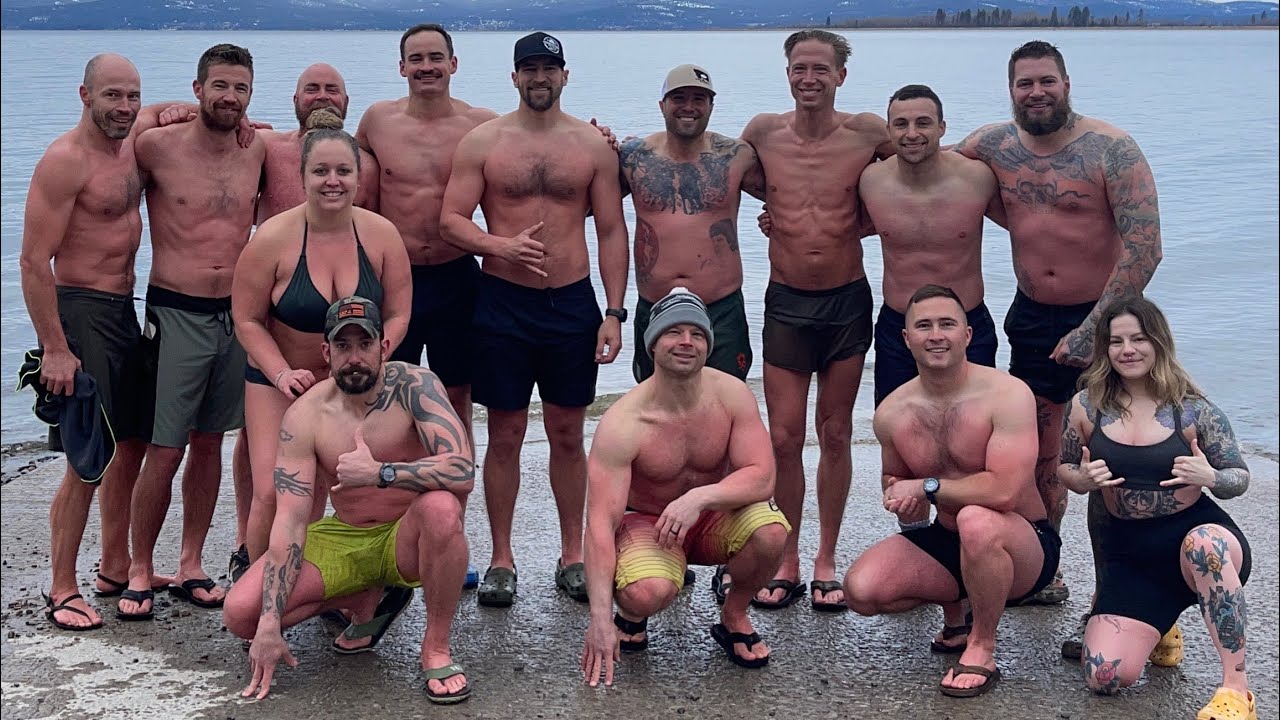Jet Pack paramedics? The future is arriving faster than we could have ever expected. The Daedalus Mark 1 was invented by Richard Browning, a Royal Marine Commando. Browning, the founder of Gravity Industries Ltd, saw more than military applications for the cutting edge jet pack.Teaming up with Great North Air Ambulance Service (GNAAS), Gravity Industries is making history. Their researchers conducted trials to test the application of mountainous use. This would allow paramedics to rapidly deploy to aid stranded hikers or others in need.GNAAS director of operations, Andy Mawson, believes this will have a huge impact in rural areas.“There are dozens of patients every month within the complex but relatively small geographical footprint of the Lakes,” says Mawson.https://www.youtube.com/watch?v=gtvCnZqZnxcFurthermore, Mawson stated, "We could see the need. What we didn't know for sure is how this would work in practice. Well we've seen it now and it is, quite honestly, awesome."The test occurred in the Lake District of Northwest England. The result were inspiring. The suit was able to cross terrain that would otherwise have taken hours on foot. The device can travel at blazing 32 miles per hour. Additionally, Guinness World Records certified this as the world record in 2017.These jet pack medics would carry essential medical equipment. This would include defibrillators, splints, and powerful painkillers. Also, they would be equipped with fluids, and smoke signals to communicate with other rescue units. Medics would be responsible for stabilizing a patient, and prepping them for extraction.
Hope from above
Emergency medicine is no stranger to airborne medical aid. In the early 1980's, helicopter medical services were non existent in the city of Pittsburgh. However, Nurse Mildred Fincke saw the potential to evolve the region's medical care. Already being known for world changing medical discoveries, Pittsburgh was primed for a new way of doing business. Most of the initial pilots were Veterans of Vietnam, and eager for new challenges. Despite the initial skepticism, dozens of helicopter flights now happen there each week. What was once only considered fantasy, is now an aspiration for many of the University of Pittsburgh's Emergency Medicine majors. Perhaps one day jet pack medics will be as utilized as flight medics are now.



%201.svg)









